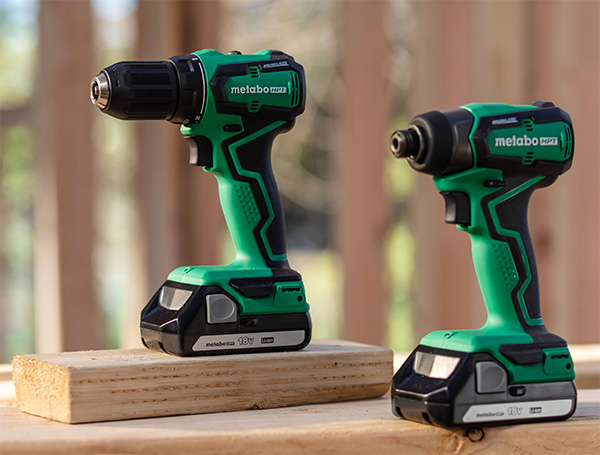Hand Tools vs Machine Tools: A Comprehensive Comparison in the Modern Industrial Landscape

In the vast world of manufacturing and construction, tools are the backbone of any operation. They are the silent partners that help transform raw materials into finished products. Among these tools, hand tools and machine tools are two broad categories that play pivotal roles. But what exactly is the difference between hand tools and machine tools? This article aims to delve into the nuances that distinguish these two categories, their applications, advantages, and how they shape the modern industrial landscape.
Hand Tools: The Extension of Human Skills
Hand tools are the most basic form of tools, used since the dawn of human civilization. They are manually operated and do not require any power source. Examples include hammers, screwdrivers, pliers, saws, and wrenches. Hand tools are typically used for simpler tasks that require direct control, precision, and finesse. They are versatile, portable, and require minimal maintenance.
The primary advantage of hand tools is their simplicity and direct control. They allow for a high degree of precision and can be used in a variety of tasks, from simple home repairs to intricate craftsmanship in industries like jewelry making and woodworking. However, their use can be labor-intensive and time-consuming, especially for large-scale tasks.
Machine Tools: The Powerhouses of Production
Machine tools, on the other hand, are powered equipment used to fabricate metal components of machines through machining, a process where material is cut away to create a desired shape. Examples of machine tools include lathes, milling machines, and drill presses.
Machine tools offer several advantages over hand tools. They can handle large-scale production tasks efficiently and consistently, reducing the time and labor required. They also allow for a high degree of precision and repeatability, which is crucial in industries like automotive and aerospace where consistency and accuracy are paramount. However, machine tools are typically more expensive, require a power source, and need regular maintenance.
The Evolution of Tools in the Modern Industrial Landscape
The advent of computer numerical control (CNC) technology has revolutionized the world of machine tools. CNC machines can be programmed to perform complex tasks with high precision and speed, further widening the gap between hand tools and machine tools in terms of efficiency and scalability.
However, this doesn't mean that hand tools are becoming obsolete. In fact, they remain indispensable in many industries and applications where direct control and tactile feedback are crucial. They are also essential for tasks that require flexibility and adaptability, where machine tools may be too rigid or complex.
In Conclusion
In the end, the choice between hand tools and machine tools depends on the specific requirements of the task at hand. Both have their own strengths and weaknesses, and understanding these differences is key to choosing the right tool for the job. As technology continues to evolve, the line between hand tools and machine tools may blur, but their fundamental differences and unique advantages will continue to shape the way we build and create.